It was the festival where Mr Bean hooked up with The Queen and James Bond, where athletes shattered personal bests and served up a Super Saturday and where London welcomed the world with a warm embrace and millions felt a little better about themselves.
In the build-up to the London Olympics in 2012, there were concerns about transport, security and the costs of staging such an expensive event.
Yet, once it had started and film director Danny Boyle created a sumptuous opening ceremony, encompassing everything from green and pleasant lands to the Industrial Revolution and the birth of Beatlemania to a showcase for Alford singer Emeli Sande, we knew we were in safe hands.
Emeli, who performed at the beginning and the end of the Games, knew these would be the biggest audiences of her career, but revelled in the spotlight.
She told The Press and Journal: “The excitement and energy in the country was brimming with hope and pride.
“Singing Abide With Me at the opening ceremony was a great honour. It’s a song that meant a lot to my granddad and to so many others across the nation. I wanted to do my best to represent my country and to do the song and its meaning proud.
“I was extremely nervous before my opening ceremony performance, but felt a calm come over me as I approached the microphone. Once I had finished my performance, it was a wonderful feeling to return to my family in the crowd and watch the fireworks together. An evening I will never forget.
“Having the opportunity to perform my own music at the closing ceremony was an unexpected opportunity which I enjoyed so much. The words of the song mean so much to me and to share them with the world was magic!”
The biggest party in the world
At some points during that glorious period in July and August, it almost felt as if there was too much happening to absorb it all properly.
Blink and you missed another incredible performance on the athletics track or in the swimming and diving pool, at the velodrome, the packed rowing, canoeing, tennis and boxing venues, or the myriad sports on the schedule.
In bare statistical terms, Team GB finished the Games with a total of 65 medals – 29 gold, 17 silver and 19 bronze – and the party had hardly finished before London hosted the equally successful Paralympics and we were treated to another staggering series of individual and team heroics, not least from the redoubtable north-east cyclist Neil Fachie.
Indeed, Scots were at the centre of many of the most heart-warming stories, whether in Dunblane’s Andy Murray leaving the peerless Roger Federer clutching at fresh air during his imperious march to singles gold; and flag-bearer Chris Hoy from Edinburgh cementing his already lustrous reputation to become one of the most prolific medal-winners in Olympic history.
Then there was Aberdeen’s Katherine Grainger, who had finished with silver at the three previous Games, finally climbing to the summit of the podium, defying us all not to weep joyfully; and slalom canoers Etienne Stott and Tim Baillie, the latter from the Granite City, making a triumphant splash in a pursuit which suddenly gained exposure on an unprecedented scale.
A decade on from these halcyon days, Britain has lost a lot of the feel-good positivity of a nation united. Divisive referendums over the issues of Scottish independence in 2014 and Brexit in 2016 have sparked resentment, polarised opinion and, some would argue, brought a toxic atmosphere to public life.
But, for those at the forefront of the Olympics, who boldly pushed their bodies to the limits of their endurance, the memories are as indelible as the prized medals in their possession. So we’ve taken a trip back with some of those who excelled on the global stage to hear their accounts of that beautiful summer.
Katherine Grainger
Katherine Grainger told us: “It’s strange thinking that it all happened 10 years ago – in some ways it could have been just yesterday and, in other ways, it might be a lifetime ago.
“But either way when I think about it, I can’t help but smile. London 2012 fills me with such happiness. It was predicted as an enormous opportunity for everyone, but also heavy with risks. It turned into something that created memories, changed lives and challenged perceptions.
“As an athlete, I had experienced the fun of Sydney 2000, the history of Athens 2004, and the scale of Beijing 2008. What could London offer?
“We hoped for something special, but we couldn’t be sure. The build-up wasn’t smooth. Torrential rain had soaked much of the lengthy Olympic torch relay. Tickets had been hard to come by and frustration was palpable.
“Vast numbers of visitors would mean public transport might be overwhelmed. The planned security stumbled. There was a question about would this, could this, be a success. Then the opening ceremony happened.
“The rowing team started their competition the morning afterwards, so the guidance for those Team GB athletes was not to attend the ceremony. We gathered instead in front of a television, like most of the country and the rest of the world to see how it might begin.
“Within moments, there was an overwhelming sense it would all be okay. We saw green and pleasant lands give way to the Industrial Revolution. Mr Bean entertained the crowds as the invention of the world wide web was celebrated.
“The Queen entertained James Bond; shortly before she jumped out of a helicopter. We laughed, we cried, we felt relieved and then the emotion turned to nervous excitement. It would be our turn next.
“Competing in front of a home crowd is just incredible. Something so different, so special, it’s hard to describe. The noise, the passion, the emotion from the crowds surpassed anything I had ever experienced.
“Anna (Watkins) and I talked about how it might be competing in front of a crowd that could be so deafening we wouldn’t be able to hear anything we tried to say to each other during the race.
“No tactics, instructions, encouragement might be possible even though we sat centimetres from each other in the boat. It was indeed a race unlike anything we had ever experienced. Two days earlier we had watched (Moray’s) Heather Stanning and Helen Glover brilliantly deliver gold.
“Friday August 3 was our chance. After three previous Olympics, to join with Anna and produce our best performance in front of our own crowd was just electric. We were carried home across the line by wildly supportive crowds.
“When we ventured into the Olympic Park a few days later, we didn’t understand why people knew us, embraced us, took selfies with us and cried with us. We had never had that sort of recognition before.
“The home Olympics brought supporters and athletes closer together than ever before. When we went to venues later in the Games to support our other Team GB teammates, we joined thousands of people who were more optimistic, more enthusiastic, more engaged than anything I had seen.
“The energy and excitement were contagious. And even now, 10 years later I still get goose bumps thinking about it.”
Neil Fachie
Neil Fachie has participated in many large-scale competitions during his illustrious career and is still pursuing honours. But London was different.
He recalled: “Competing in the Paralympic Games is unique. In the final run-in to the biggest race of your life, you get to watch your teammates go into battle in the arena you will be gracing in just a matter of weeks.
“In 2012, I watched in awe as Chris Hoy, Vicky Pendleton, Jason Kenny and co lit up the velodrome. And it didn’t stop there. Like everyone else, between training sessions, I was glued to my television as Tim Baillie took gold with Etienne Stott, I shed a tear when Kath Grainger finally won that elusive gold medal and then of course there was Super Saturday (and a rush of medals).
“While watching those Games, I thought to myself: ‘If the Paralympics are just half as good as this, it’ll be incredible’. What followed blew my mind.
“The velodrome was a sell out, the roar of the crowd was deafening, and because I had a GB skinsuit on, they were cheering for me.
“Nothing prepared me for the moment I crossed the finish line to hear the words: ‘New world record’. What followed were some of the greatest scenes of over-celebration you will ever see. I consider myself to be quite a reserved guy, but when it gets you, it gets you.
“For the next two weeks, we were rock stars. Appearances on national television were one thing, but being presented on stage at big-screen venues in the Olympic Park itself was insane. We had to be walked through the park with a security perimeter because everyone wanted to chat, get autographs and selfies. All great fun, but there were 100,000 people in the park.
“Drift too far from the pack and you’d be picked off like a helpless calf. My most surreal moment came when a young girl came up to me and handed me a playing card from a pack she must’ve bought in the park. My face was on it.
“Unfortunately, I can’t remember what value the card was – joker no doubt.
“Then there were the parades, firstly in London where more than a million people flooded on to the streets to applaud us; truly mind-blowing. Next we were off to Glasgow, then of course we headed north to Aberdeen for a very special parade, where we visited the sites of our golden post boxes.”
Sir Chris Hoy
Sir Chris Hoy had excelled in the Olympic glare, but there were question marks over his ability to continue dominating opponents at the age of 36. Not that he bothered as he won gold in the team sprint with Jason Kenny and Philip Hindes, setting a new world record in the process.
Then Chris was unstoppable again in the Keirin event to overtake Sir Steve Redgrave and become the most successful British Olympian in history by collecting his sixth gold medal. Understandably, he was elated.
He said: “I let it all out as I celebrated. You want to lift your arms and scream. So I did. It was an overwhelming feeling, especially when, as I circled the track, trying to show my appreciation for the incredible support, all the staff members of British Cycling formed two lines for a guard of honour.
“There was another significant individual in the velodrome that night, not that I knew it at the time. When I went for my interview with (BBC journalist) Jill Douglas, she said: ‘There’s somebody here who wants to say congratulations’… and up popped Sir Steve Redgrave.
“I don’t know how they had managed to hide him, but he had been crouching down and now his enormous frame loomed. There were no handshakes, just a bear hug. With my sixth Olympic title, I had claimed his record for the most gold medals by a British athlete, but I was almost embarrassed by that, because I still see him as being our greatest Olympian.
“I was welling up before I stepped on to the podium. You pick out people in the crowd. I saw Katherine Grainger, a fellow Scot who finally won a deserved gold medal in London. I spotted (cyclists) Jamie Staff and Mark Cavendish and they gave me the thumbs up and smiled.
“There was an end-of-term feel and a sense of jubilation; an overwhelming feeling that it had all come off and it had been a success.
“But it was strange. It was the Olympics, the biggest sporting event on Earth, yet everywhere I looked, I saw faces I knew and they all smiled and waved.
“And I tried to take it in, to absorb it all; the feeling of standing on top of the podium, the faces in the crowd, so I would be able to recall it forever.”
It was time to celebrate the Games
I was at the celebratory bus parades in Glasgow and Aberdeen and the unalloyed joy on so many faces was a testament to the impact of the Games.
As Katherine told me, they may only have lasted for a few weeks, but their legacy was a reminder of the uplifting, inspirational effect of sport.
She said: “I meet people regularly who talk about the Olympics. They want to hear from me about Sydney or Rio, Beijing or Athens. But when it comes to London they want to be the ones to tell the stories.
“They want to share their own experiences of where they were, who they were with, what they saw and why it mattered to them.
“That’s why I can’t help but smile at the memories of London, not just because of what I experienced but because of what so many others did too.
“Because, 10 years on, it still fills so many people with a sense of joy and pride and the feeling that maybe, just maybe, anything is possible – and that level of optimism is a gift that we should never undervalue or underestimate.”
Emeli Sande felt the same.
As she told me: “I’ll always look back at 2012 and smile. It was a year propelled by excitement and progress and I feel very proud to have played a part in the Olympics.”
More like this:
Golden moments: Did you join the crowds when the Olympic torch headed north in 2012?
Were you there when the 2012 Olympic torch came to Tayside and Fife?
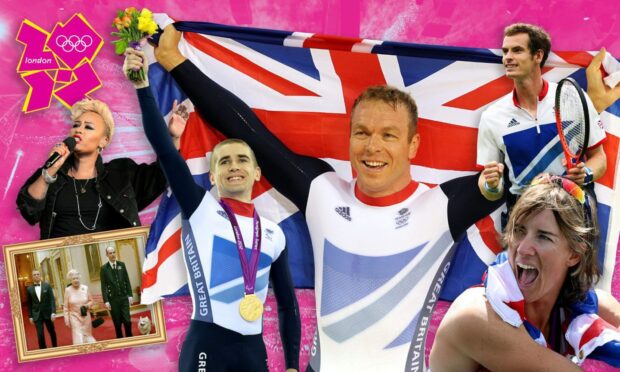
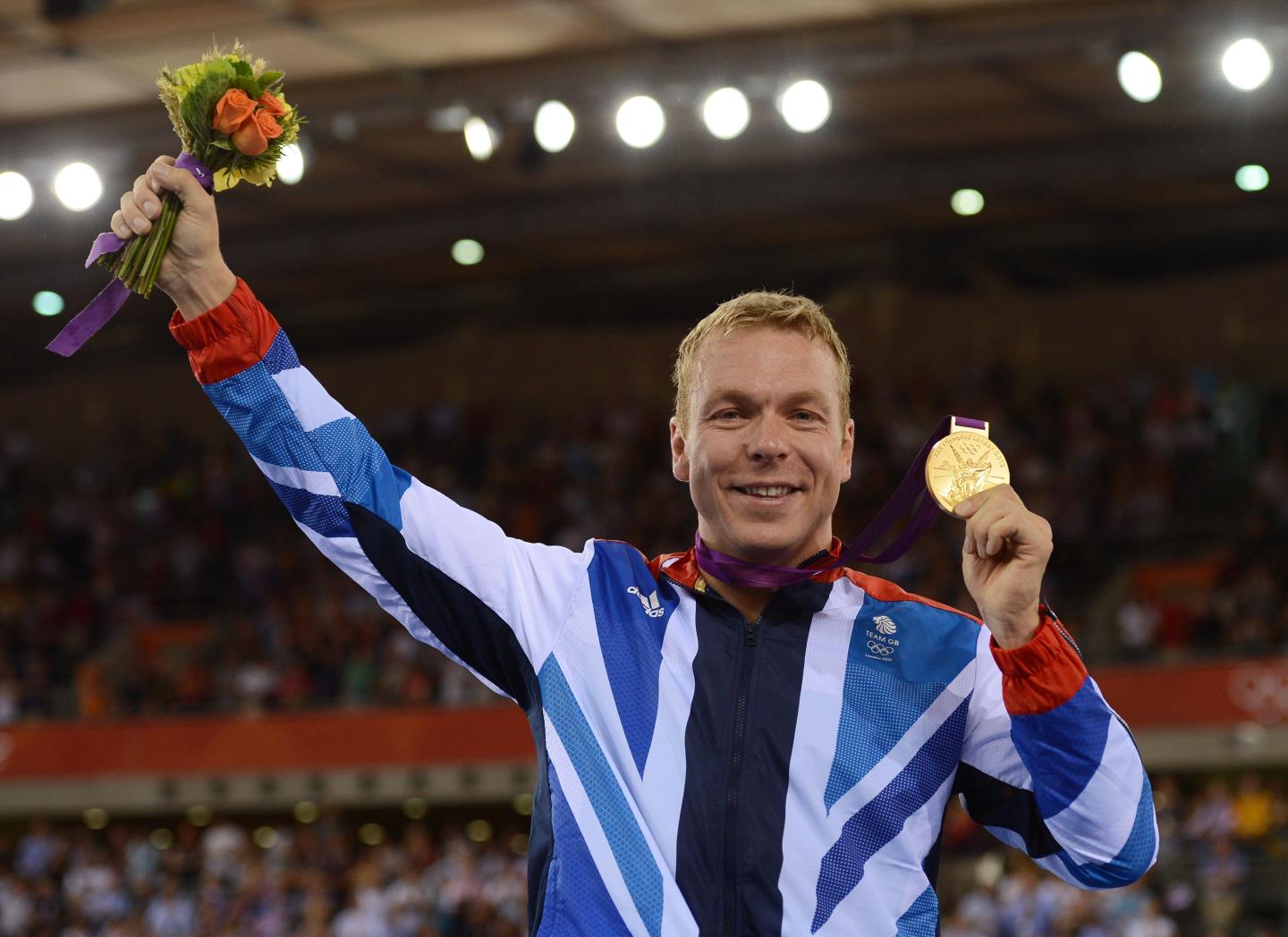
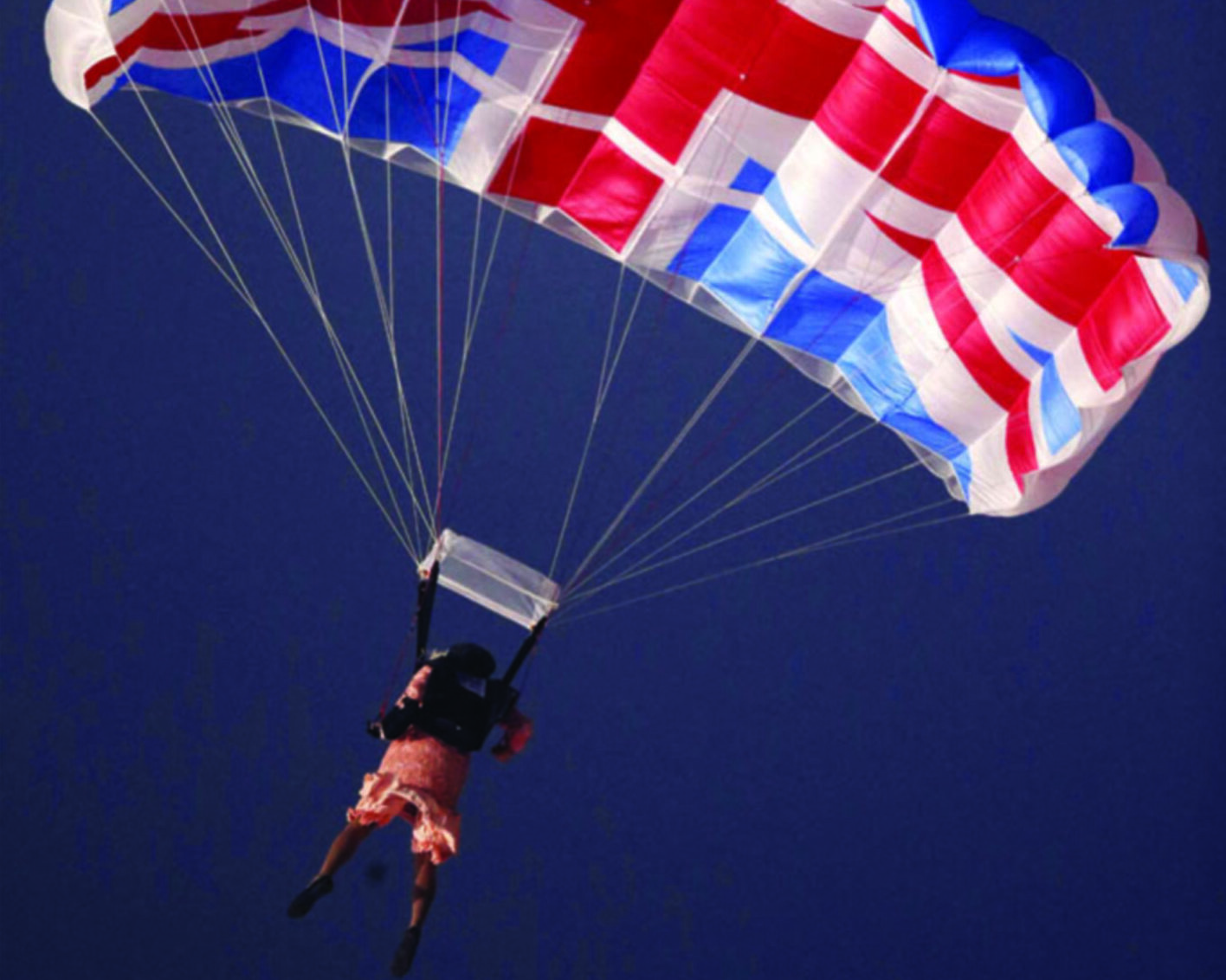
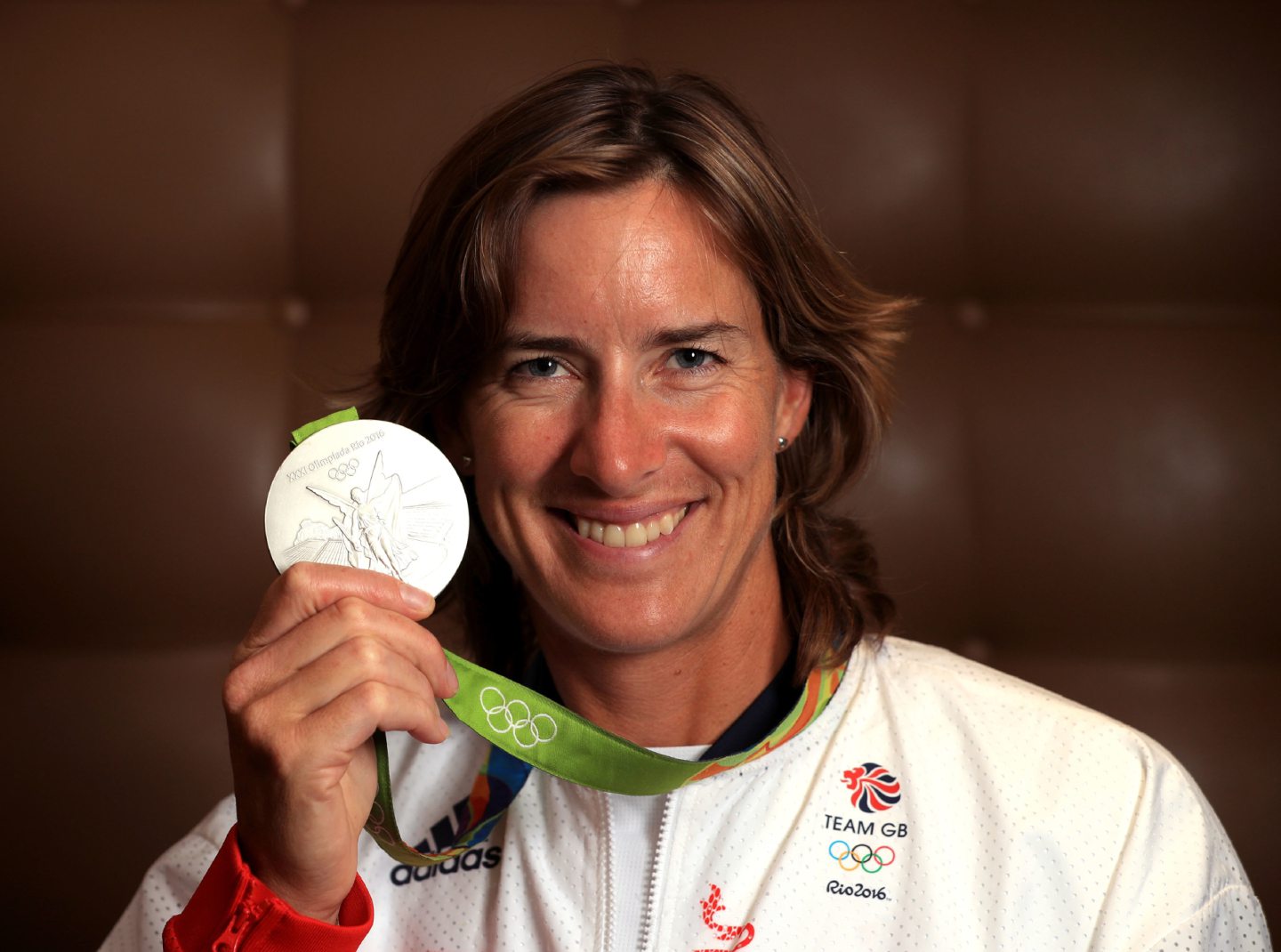
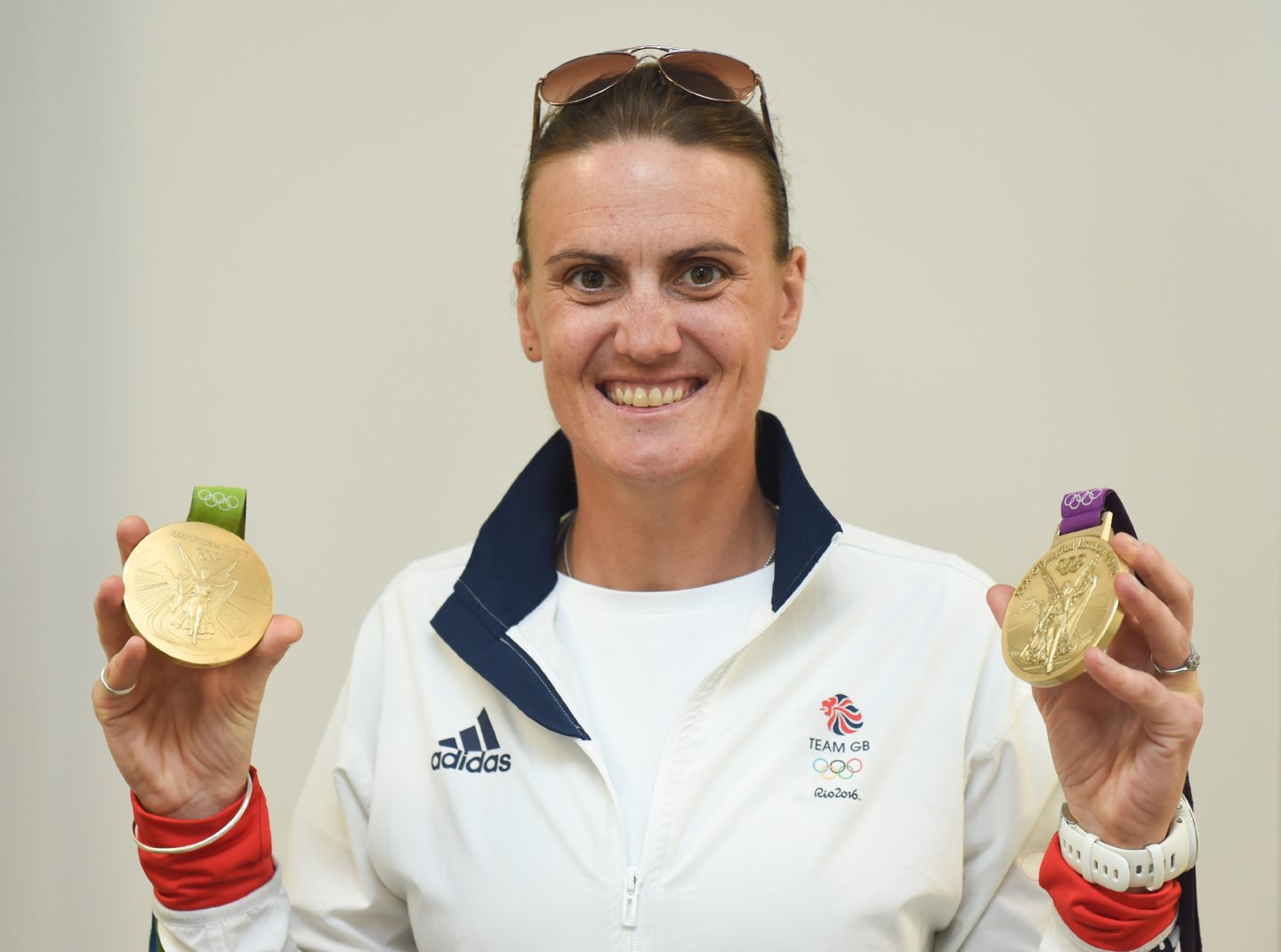
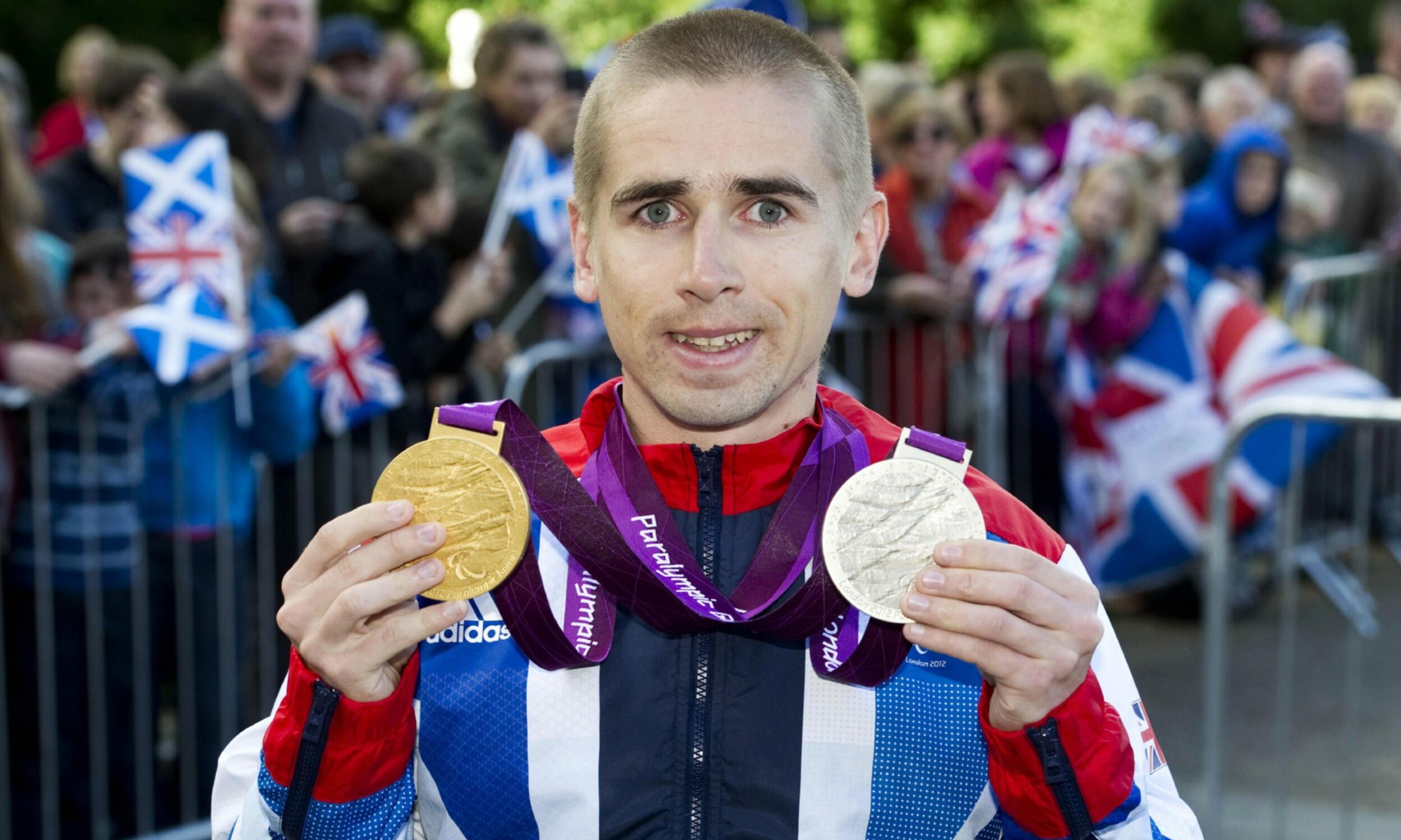
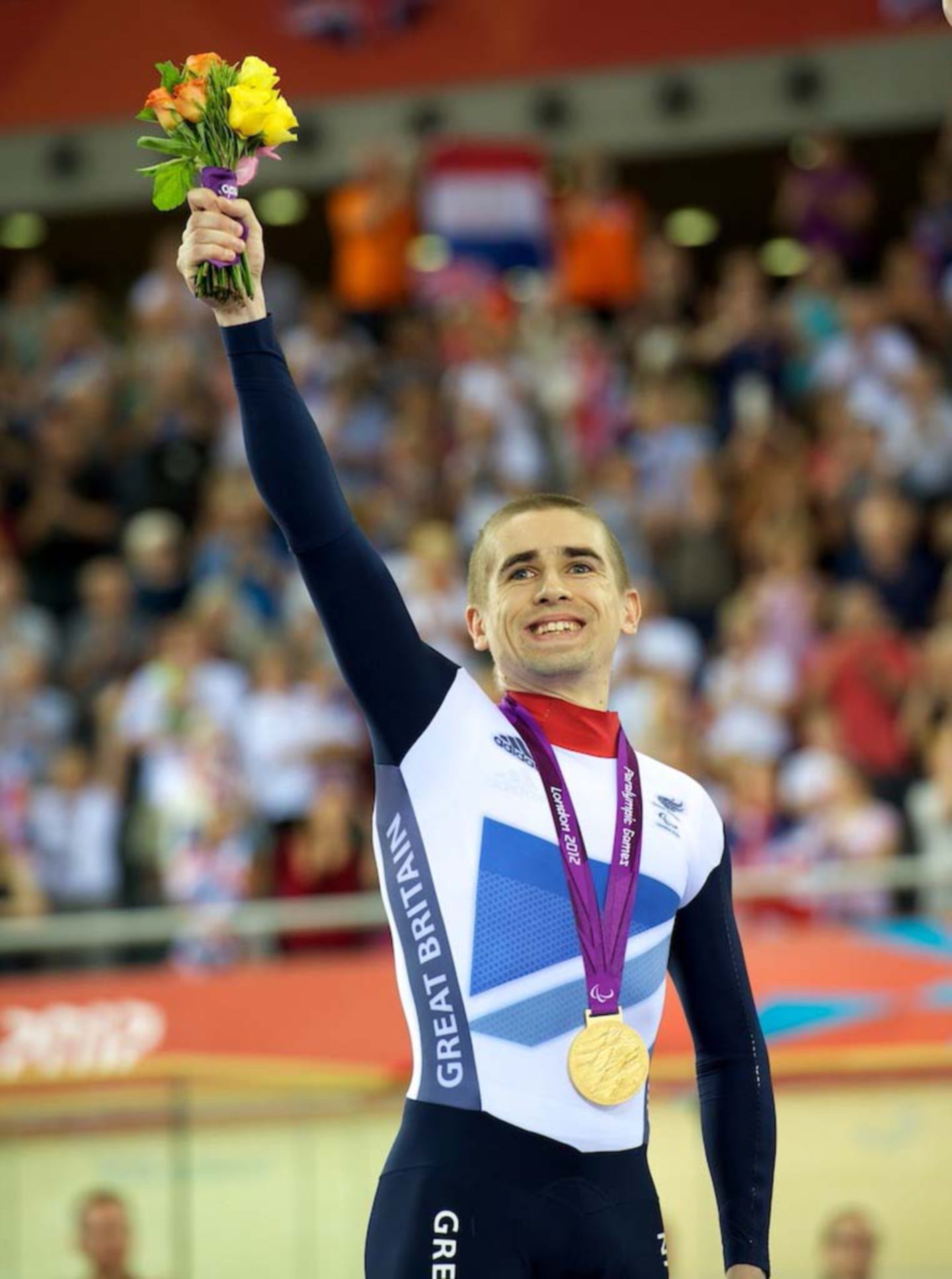
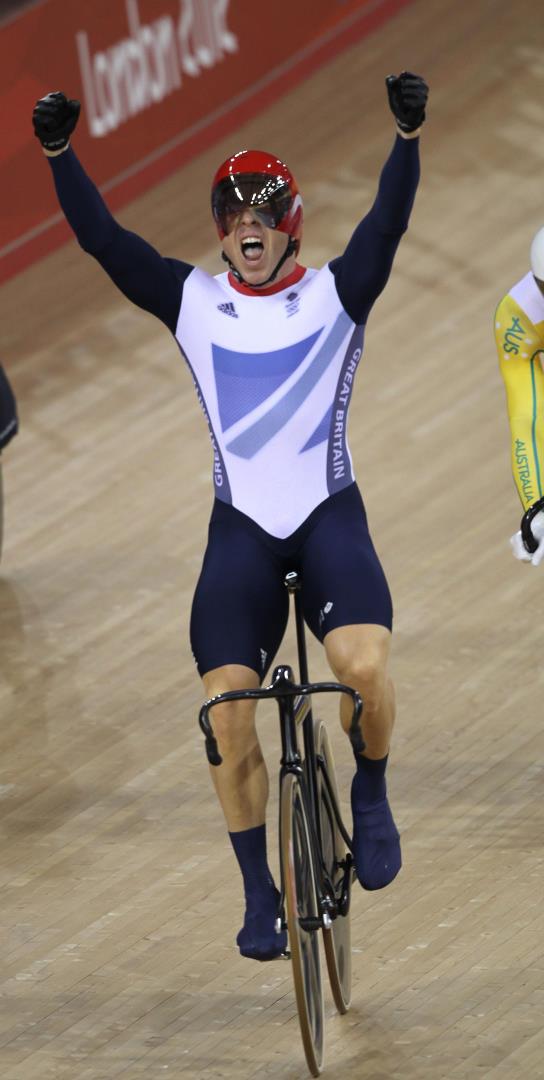
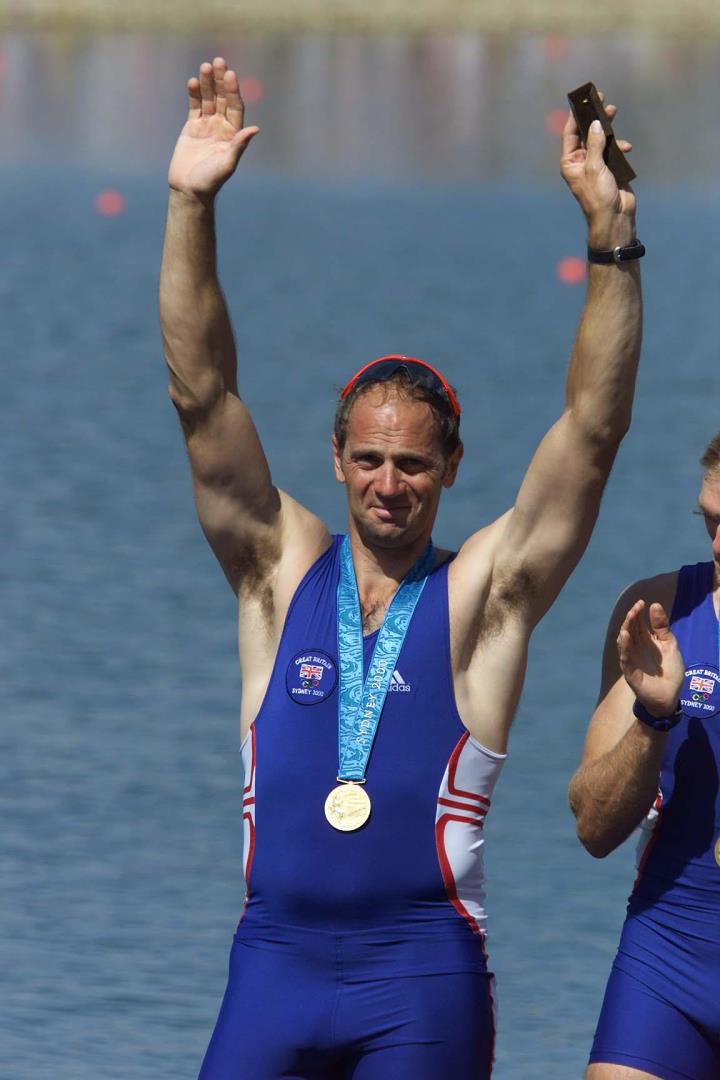
Conversation